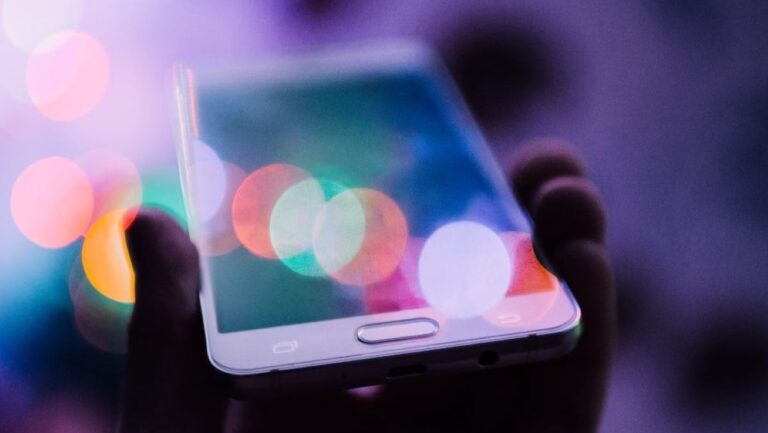An app that reduces smartphone dependence by decreasing the performance of the device has been invented. Here’s how it works and the search results.
Table of Contents
The app that reduces smartphone addiction
In a world where you just can’t give up devices, falling into a smartphone addiction isn’t that complicated and the hours you spend in front of the screen are becoming decidedly too many.
Various useful solutions have been designed to keep users’ day under control, such as Stayfree and YourHour for example, which however, due to their blocking function, are often uninstalled.
For this reason the experts decided to conduct research to find out what the right formula was to act effectively and decisively.
What has emerged is that a useful solution is to reduce the performance of the smartphone, consequently discouraging its use. A new formula to keep addiction at bay and which aims to be an innovative and successful method, even if it can still improve.
How InteractOut works
Smartphone addiction is a reality that cannot be ignored, and for this reason researchers at the University of Michigan decided to conduct a research.
According to what emerged, an effective solution would be to reduce the performance of the device through an application created specifically. This is called InteractOut and according to initial analyzes it seems to be effective.
In essence, the user establishes a maximum limit of daily time spent for gaming purposes. Then the app begins to limit social networks, games and more, not blocking their use but rather slowing down scrolling, decreasing the device’s performance and delaying the touch response.
All this has the aim of discouraging the user, taking advantage of the irritation that all this causes him. A less invasive app than the blocking ones mentioned previously, but which is very difficult to ignore.
The research results
Researchers at the University of Michigan carried out a very interesting study to understand if InteractOut could really work, and the results are very interesting.
42 participants were involved in the test and in the first seven days the experts limited themselves to monitoring the frequency of use. Subsequently, each subject installed the application and chose the apps to monitor.
The researchers chose the time limit for using these apps and then left users free to act as they saw fit. In 62% of cases the subjects examined kept InteractOut active and reduced their smartphone use by 16%.
Interesting results which, if compared to those obtained from the usual blocking apps, demonstrate the effectiveness of this solution. Now the goal is to further increase the efficiency of this application, in the hope that it will be able to reduce smartphone dependence as much as possible.
Read also: The smartphone of the future will unlock with your breath: here is how












